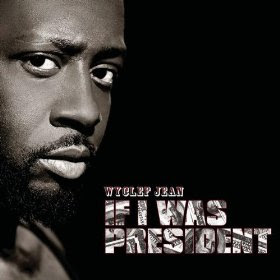New Earth-like planet outside solar system found
For the first time, astronomers have detected a rocky planet in another solar system that has the most basic and essential conditions needed to support extraterrestrial life.
The presence of Earth-like exoplanets in what is called the “habitable zone” has been predicted for some time, but actually identifying and measuring one was referred to Wednesday as the beginning of a new era in the search for life beyond Earth.
“This is our first Goldilocks planet – just the right size and the right distance from its sun,” said astronomer and “planet-hunter” Paul Butler with the Carnegie Institution of Washington. “A threshold has been crossed.”
The planet, called Gliese 581G, is quite close at 20 light years from Earth’s solar system. It is considered to be in the habitable zone because of its distance from its sun and its size.Here's an artist's rendition of Gliese 581G, with its viably life-giving sun shining away over there in the corner of the frame.
Sky.com quotes University of California Astronomy and astrophysics professor Steven Vogt as saying, "Personally, given the ubiquity and propensity of life to flourish wherever it can, I would say that the chances for life on this planet are 100%. I have almost no doubt about it."
Vogt and fellow Gliese 581G discoverer, astronomer and “planet-hunter” Paul Butler with the Carnegie Institution of Washington, published their discovery of the planet in The Astrophysical Journal.
Gliese 581G is smack in the center of what's known rather whimsically as the Goldilocks Zone, described in HowStuffWorks as "an area of space in which a planet is just the right distance from its home star so that its surface is neither too hot nor too cold."
"We had planets on both sides of the habitable zone - one too hot and one too cold - and now we have one in the middle that's just right," Professor Vogt said. Just like, in Goldilocks' opinion, Baby Bear's porridge, bed, and chair.
I watched the internet go wild this morning over the discovery of Gliese 581G. Articles popped up willy-nilly, every few seconds. I don't think this flurry was driven as much by scientific curiosity as by the yearnings of the human heart. There's a space explorer hidden somewhere in most of us.
Do you think whoever inhabits Gliese 581G has done a better job of planet management than we have? Do you think they've learned how to be consistently nice to each other, to tell each other the truth? Have they figured out how to govern themselves fairly, a way to lead without succumbing to greed or marketing fear?
Is anyone besides me just itching to jump into a space ship, shift into warp speed, and find out?














































